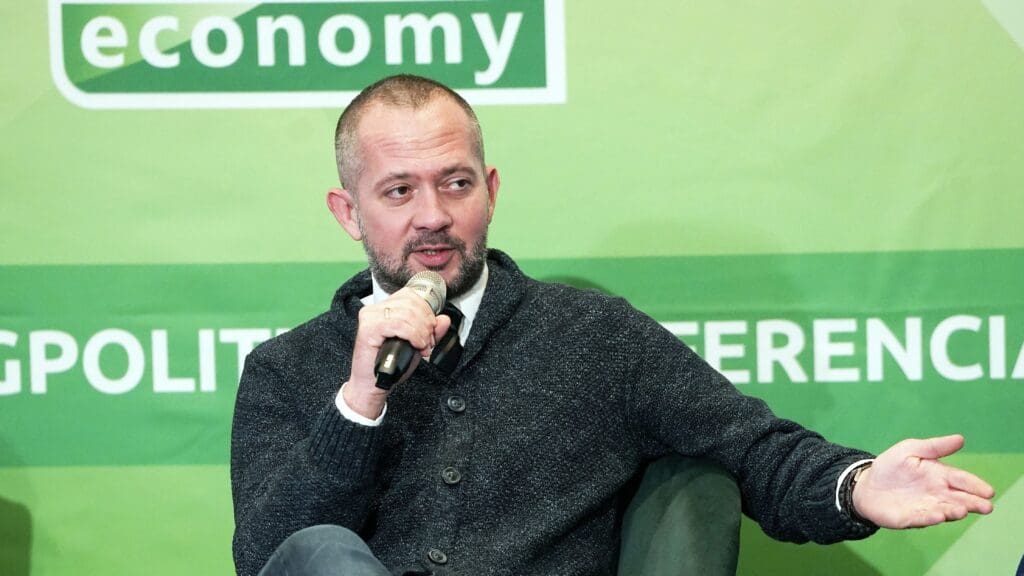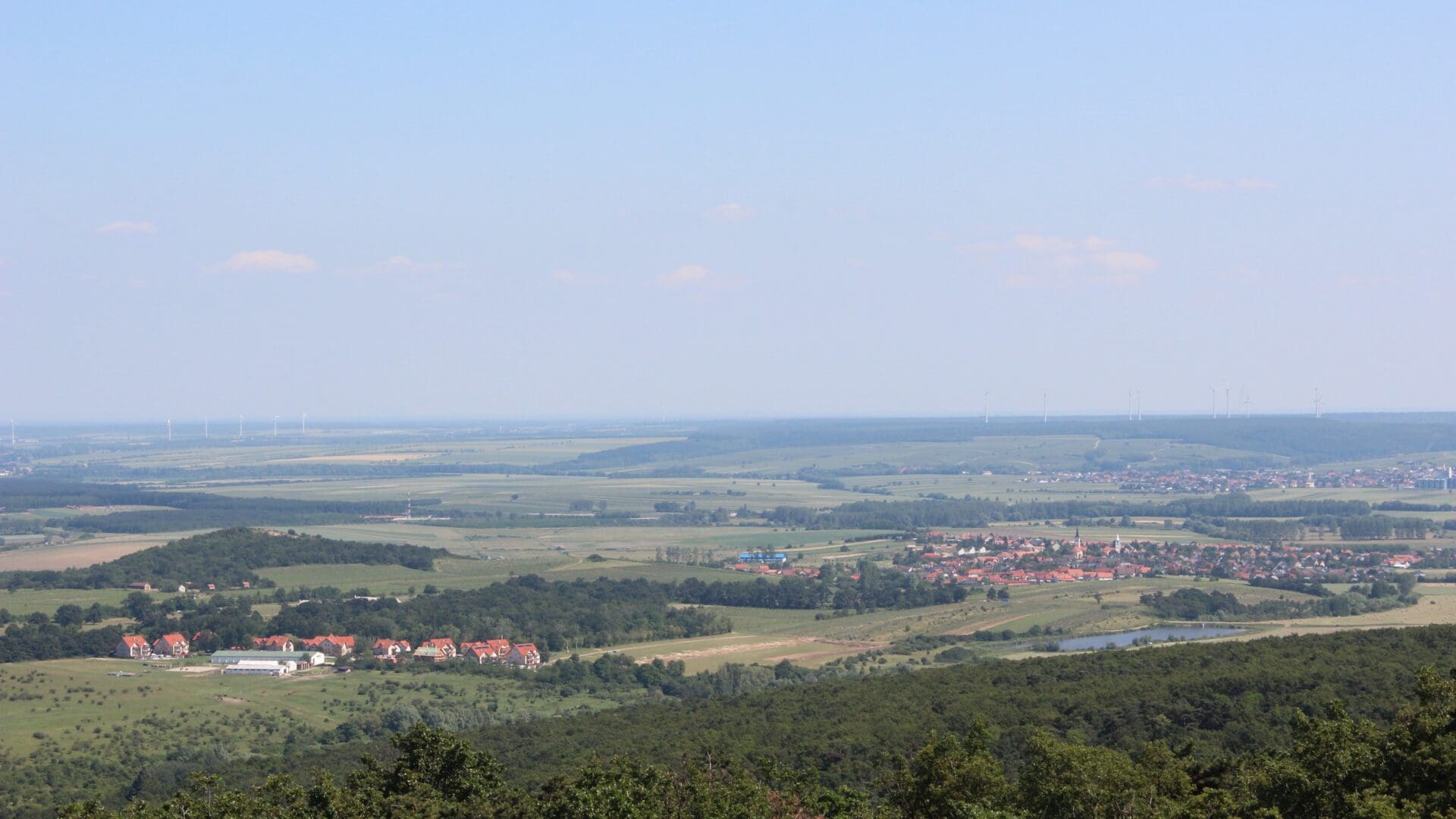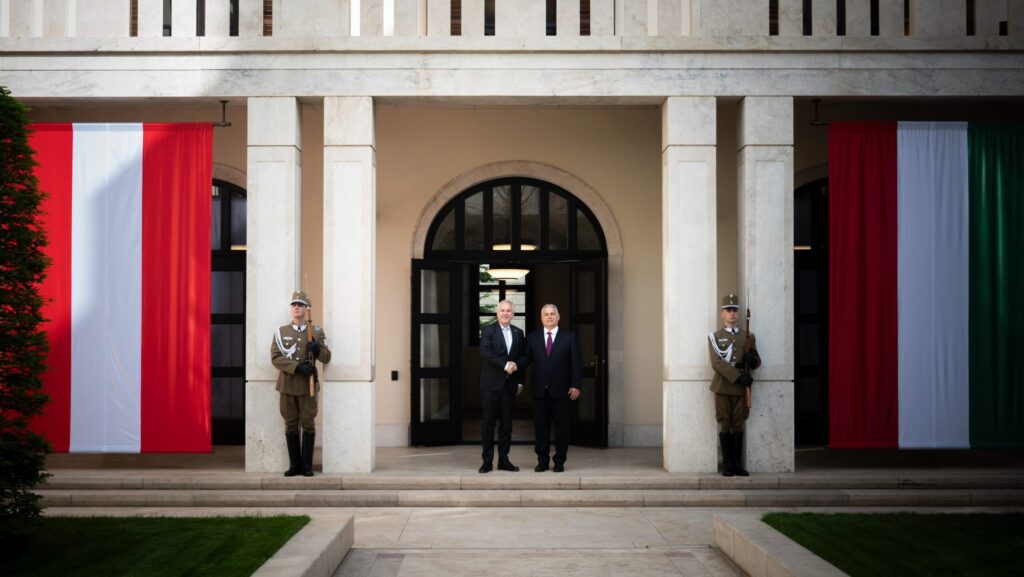Alpár Gyopáros, Government Commissioner for the Development of Modern Settlements at the Prime Minister’s Office, highlighted the immense potential of villages during a Saturday afternoon roundtable discussion at the economic policy conference jointly organized by iCon-intelligent economy and Századvég in Sopron.
He emphasized the pivotal role of villages in shaping the future of Hungary, citing their ability to provide a quality of life and a sense of community that urban environments often lack. Gyopáros recalled the commitment made within the Hungarian Village Programme, pledging 10 billion forints for this year’s applications, extending into 2023, with an additional 10 billion forints allocated for this year. The government continues its support through the State Rural Road Development Programme and the Village CSOK (Family Housing Support Programme).
As part of this initiative,
over the past four years, 4,000 kilometres of rural roads have been renovated,
yet an additional 6,000 to 10,000 kilometres remain in suboptimal condition, Gyopáros noted. Primarily funded by the domestic budget, all county capitals, except Zalaegerszeg, have been integrated into the national highway network in the past seven years.
Contrary to national trends, villages represent the only settlement type where the population is growing rather than declining. He underscored that villages host the highest number of children up to eight years old, contrasting with Budapest having the fewest.

Gyopáros considered it a pleasant challenge that the increasing number of children in villages necessitates the construction or expansion of nurseries and kindergartens. Addressing the government’s intentions, he revealed plans to allocate a significant portion of the current European Union development cycle’s rural development funds to Hungary’s domestic processing industry, particularly the food sector. He praised the government’s commitment to revitalizing the food industry,
aligning with a growing trend of conscious consumers and thriving small artisan workshops.
When asked about whether Austria’s proximity represents an advantage or a disadvantage for the Western Transdanubian region, the government commissioner described it as more of a challenge. He stressed the need for knowledge acquired by commuters and those working in distant parts of Western Europe to be brought back home and applied domestically.
Attila Barcza, Fidesz Member of Parliament for Sopron and its surrounding area, highlighted a shift in Hungary’s development policy, noting a historical period when the national goal was for people to move from villages to cities. However, after 2010, a reversal occurred, and positive momentum was initiated through the Hungarian Village Programme.
He mentioned the village of Harka, near Sopron, as a prime example, where the population has grown from 1,450 in 2010 to over 3,000 today. Barcza also discussed the significant investment of over one billion forints in the past four years for the renewal or construction of kindergartens in the region. To compete effectively with Austria, Sopron and its surroundings aim to function as a logistical hub, strengthening the economic power of the region.
Related articles:
Sources: Hungarian Conservative/Századvég/MTI








